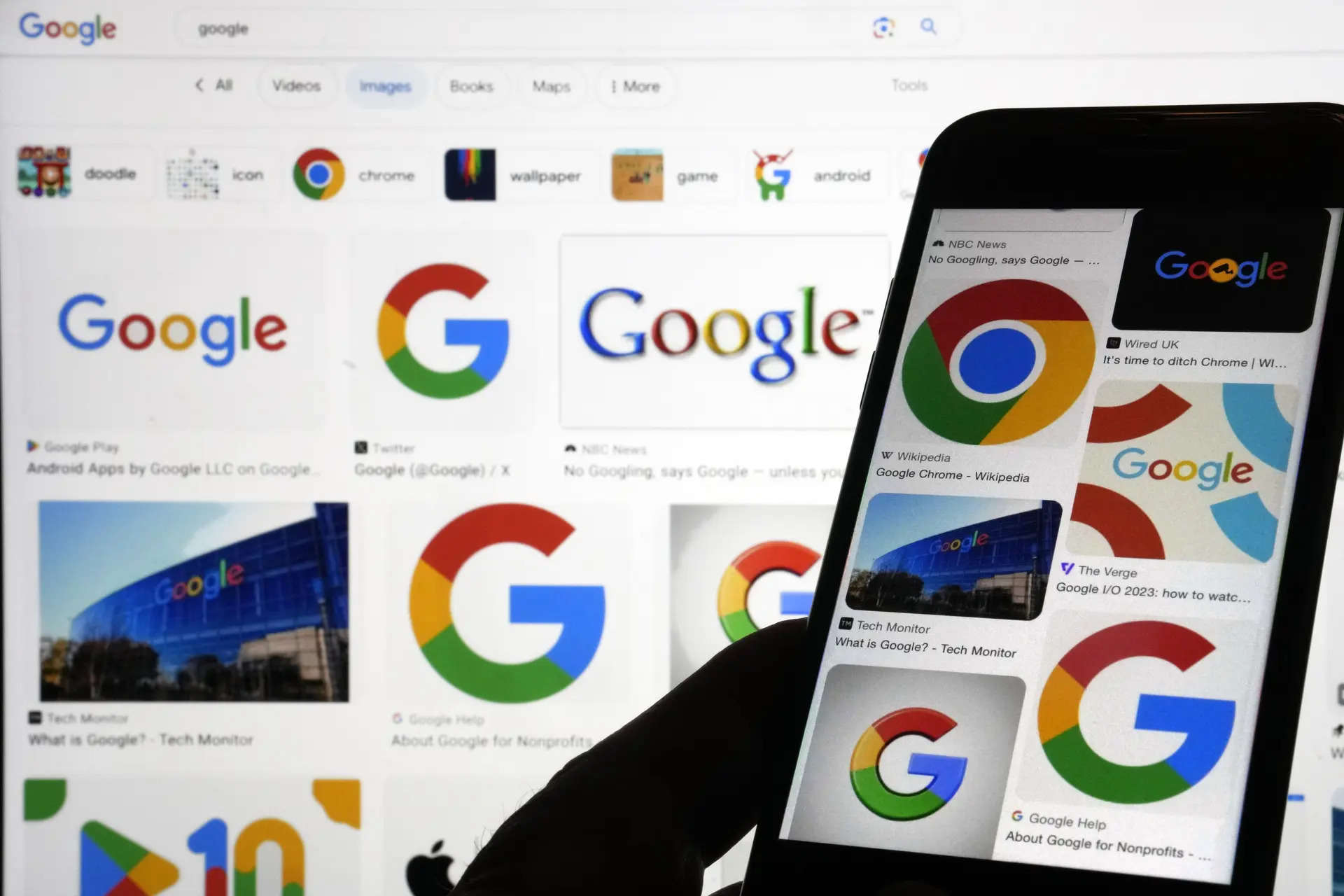US district judge Amit Mehta said that Google’s dominant search engine has been unlawfully leveraged to stifle competition and innovation. The decision, which could significantly disrupt the internet landscape, marks one of the most consequential antitrust rulings in recent history.
The ruling follows nearly a year of litigation in a trial that pitted the US Justice Department against Google, marking the largest antitrust case in the US in over 25 years.After reviewing extensive evidence and testimony from high-profile executives at Google, Microsoft, and Apple, Judge Mehta issued his 277-page decision three months after final arguments were presented.
‘Google is a Monopolist‘
Judge Mehta’s ruling was unequivocal: “Google is a monopolist, and it has acted as one to maintain its monopoly.” The judge underscored Google’s overwhelming control of the search market, citing its 89.2% share of general search services, which soars to 94.9% on mobile devices.
This decision delivers a significant blow to Google and its parent company, Alphabet Inc., which has long maintained that its market dominance is a result of consumer preference. Google’s search engine processes an estimated 8.5 billion queries daily, nearly doubling its volume over the past decade.
Despite the setback, Google plans to appeal the ruling. Kent Walker, Google’s president of global affairs, defended the company’s practices, saying, “This decision recognizes that Google offers the best search engine, but concludes that we shouldn’t be allowed to make it easily available.”
A victory for antitrust regulators
For the US Justice Department, the ruling represents a substantial victory in its efforts to curb Big Tech‘s power. Attorney General Merrick Garland hailed the decision as “an historic win for the American people,” emphasizing that no company, regardless of size or influence, is above the law.
The trial cast Google as a technological bully, using its dominance to extract artificially high prices from advertisers while curbing competition. Prosecutors argued that Google’s monopoly not only hurt competitors but also diminished the quality of its own service by reducing incentives to innovate.
Judge Mehta’s ruling pointed to Google’s billions of dollars spent annually to secure its search engine as the default option on devices as a key factor in maintaining its monopoly. In 2021 alone, Google spent over $26 billion to lock in these agreements.
The path forward
Mehta’s conclusion sets the stage for a new legal phase focused on determining the remedies required to restore competition. A hearing is scheduled for September 6 to begin discussing potential measures, which could range from dismantling parts of Google’s operations to banning default search agreements.
However, any significant changes are likely to be delayed by a lengthy appeals process, which experts predict could last up to five years. During this time, Google may fend off immediate restrictions, though it could still face class-action lawsuits from advertisers.
The ruling also poses potential risks for Apple, which benefits from Google’s payments to make its search engine the default on iPhones. Google reportedly paid Apple around $20 billion in 2022 alone, a figure that has doubled since 2020.
Implications for the tech industry
This decision could have broader implications for the tech industry, particularly for Microsoft, which has been positioning itself as a counterweight to Google in the search market. If Mehta enforces limits on Google’s default search agreements, it could open up opportunities for Microsoft’s Bing, which currently dominates searches on the Microsoft Edge browser.
The ruling also reflects the Biden administration’s aggressive stance against Big Tech, with the Justice Department pursuing cases against other giants like Apple, Ticketmaster, and even exploring the role of companies like Microsoft, Nvidia, and OpenAI in the burgeoning AI sector.
The ruling follows nearly a year of litigation in a trial that pitted the US Justice Department against Google, marking the largest antitrust case in the US in over 25 years.After reviewing extensive evidence and testimony from high-profile executives at Google, Microsoft, and Apple, Judge Mehta issued his 277-page decision three months after final arguments were presented.
‘Google is a Monopolist‘
Judge Mehta’s ruling was unequivocal: “Google is a monopolist, and it has acted as one to maintain its monopoly.” The judge underscored Google’s overwhelming control of the search market, citing its 89.2% share of general search services, which soars to 94.9% on mobile devices.
This decision delivers a significant blow to Google and its parent company, Alphabet Inc., which has long maintained that its market dominance is a result of consumer preference. Google’s search engine processes an estimated 8.5 billion queries daily, nearly doubling its volume over the past decade.
Despite the setback, Google plans to appeal the ruling. Kent Walker, Google’s president of global affairs, defended the company’s practices, saying, “This decision recognizes that Google offers the best search engine, but concludes that we shouldn’t be allowed to make it easily available.”
A victory for antitrust regulators
For the US Justice Department, the ruling represents a substantial victory in its efforts to curb Big Tech‘s power. Attorney General Merrick Garland hailed the decision as “an historic win for the American people,” emphasizing that no company, regardless of size or influence, is above the law.
The trial cast Google as a technological bully, using its dominance to extract artificially high prices from advertisers while curbing competition. Prosecutors argued that Google’s monopoly not only hurt competitors but also diminished the quality of its own service by reducing incentives to innovate.
Judge Mehta’s ruling pointed to Google’s billions of dollars spent annually to secure its search engine as the default option on devices as a key factor in maintaining its monopoly. In 2021 alone, Google spent over $26 billion to lock in these agreements.
The path forward
Mehta’s conclusion sets the stage for a new legal phase focused on determining the remedies required to restore competition. A hearing is scheduled for September 6 to begin discussing potential measures, which could range from dismantling parts of Google’s operations to banning default search agreements.
However, any significant changes are likely to be delayed by a lengthy appeals process, which experts predict could last up to five years. During this time, Google may fend off immediate restrictions, though it could still face class-action lawsuits from advertisers.
The ruling also poses potential risks for Apple, which benefits from Google’s payments to make its search engine the default on iPhones. Google reportedly paid Apple around $20 billion in 2022 alone, a figure that has doubled since 2020.
Implications for the tech industry
This decision could have broader implications for the tech industry, particularly for Microsoft, which has been positioning itself as a counterweight to Google in the search market. If Mehta enforces limits on Google’s default search agreements, it could open up opportunities for Microsoft’s Bing, which currently dominates searches on the Microsoft Edge browser.
The ruling also reflects the Biden administration’s aggressive stance against Big Tech, with the Justice Department pursuing cases against other giants like Apple, Ticketmaster, and even exploring the role of companies like Microsoft, Nvidia, and OpenAI in the burgeoning AI sector.
Source : Times of India






